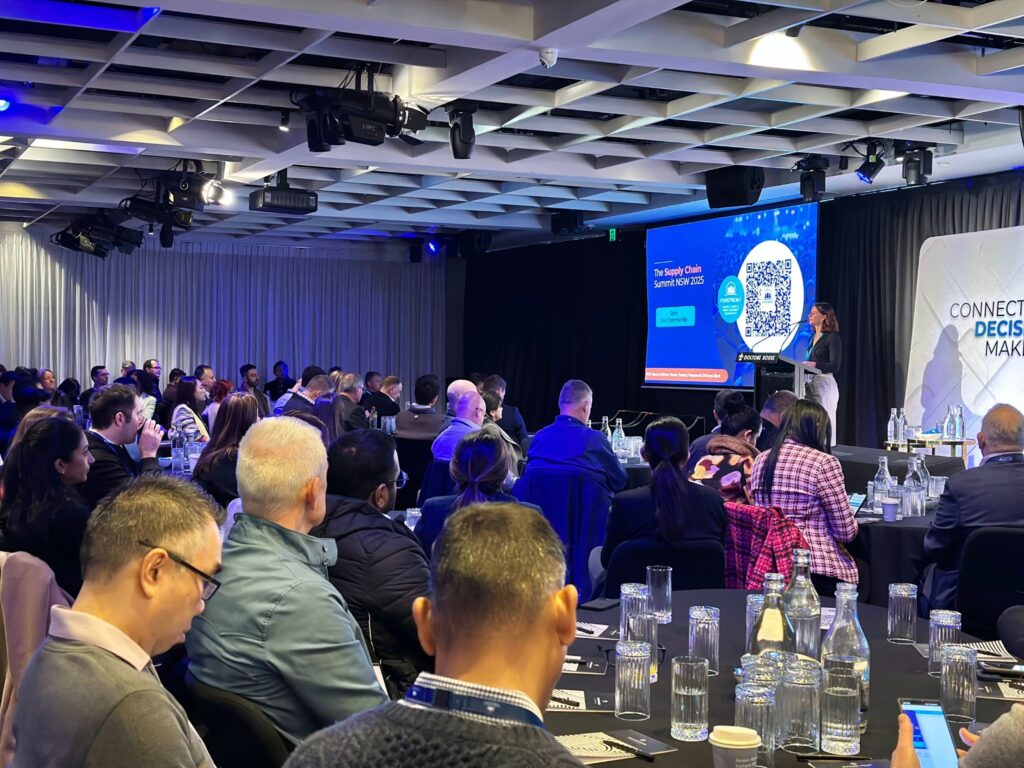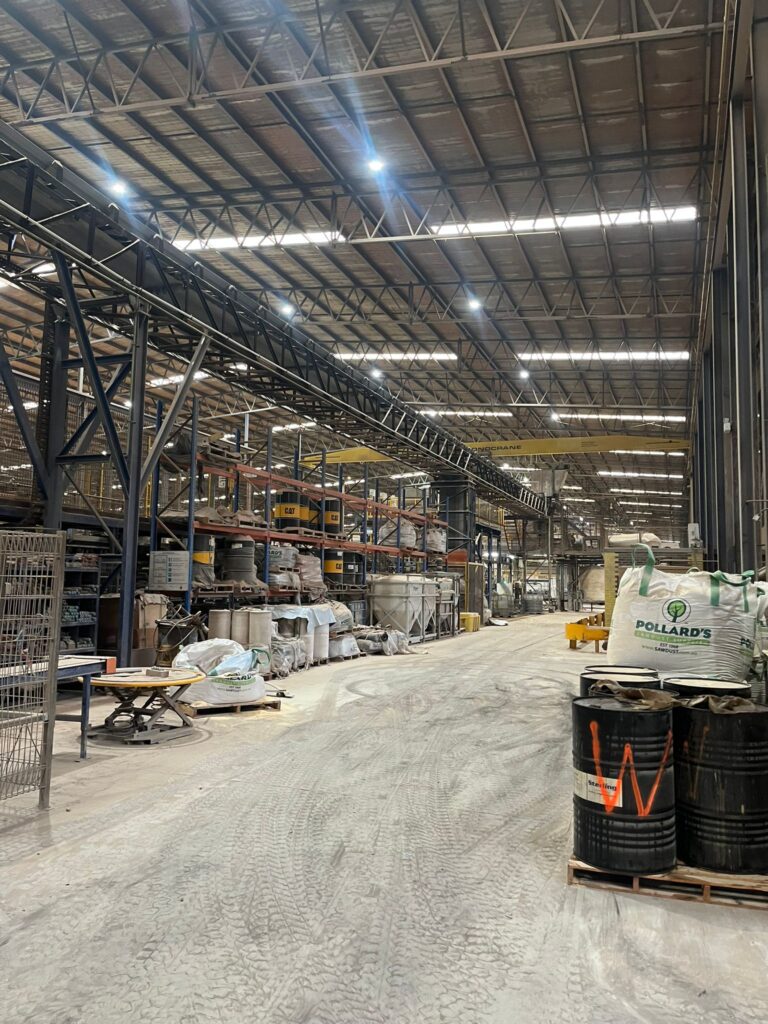The supply chain landscape is undergoing a profound transformation, driven by the integration of Artificial Intelligence (AI). AI holds the promise of revolutionising supply chain operations, enhancing efficiency, resilience, and responsiveness. As businesses navigate an increasingly complex global environment, leveraging AI in supply chain management is becoming essential to maintain competitiveness and ensure operational continuity.
AI-enabled resilience: reducing disruptions and accelerating
AI is a game-changer in building resilient supply chains capable of withstanding disruptions and recovering swiftly. By predicting potential disruptions through advanced analytics and machine learning, AI enables proactive risk management. Whether dealing with natural disasters, geopolitical uncertainties, or market fluctuations, AI-driven insights can anticipate and mitigate risks before they escalate into significant issues.
Furthermore, AI enhances recovery speed by optimising resource allocation and re-routing logistics in real-time. For instance, during the COVID-19 pandemic, AI helped companies reconfigure their supply chains rapidly, ensuring the continuous flow of goods despite unprecedented disruptions. These companies leveraged AI by using population demographics, testing results and lockdown timings to predict future infection rates – and, in turn, demand. This optimisation of their supply chain networks was crucial in maintaining stability and ensuring customer satisfaction.
In our view, companies that leverage AI in supply chain management can reduce their downtime by up to 50%, significantly improving their ability to respond to disruptions. This capability to quickly adapt and recover is crucial in maintaining supply chain stability and customer satisfaction.
Where AI adds value and where human input is essential
AI’s value in the supply chain extends across various domains, including demand forecasting, inventory management, and logistics optimisation. By analysing vast amounts of data, AI can identify patterns and trends that human analysts might overlook, enabling more accurate demand predictions and inventory levels.
For instance, Amazon employs machine learning demand forecasting to reduce excess inventory and ensure optimal stock levels, which has been key in managing their vast and complex supply network. Similarly, DHL is utilising generative AI to cleanse and analyse data, which helps optimise warehouse layouts, manage staffing levels, and predict demand for inventory management.
However, an ‘AI-only’ approach to supply chain management is not advisable. Human input remains vital in areas requiring strategic decision-making, relationship management, and nuanced judgement. AI can provide recommendations and insights, but human planners are essential in interpreting these insights and making contextually informed decisions. The synergy between AI and human expertise leads to a more robust and adaptable supply chain.
A case in point is the fashion retailer Zara, which has forged a strategic partnership with Jetlore, a leading provider of predictive customer analytics, to gain deeper insights into consumer behaviour. By leveraging Jetlore’s advanced AI algorithms, Zara can analyse vast amounts of customer data to forecast preferences, adjust inventory and design decisions. However, human planners are responsible for making the final call on design and merchandising strategies, ensuring that the AI insights align with the brand’s vision and market positioning.
The ’70 percent’ rule: 70% of effort in AI projects should go towards integration and change management
Successful AI integration in supply chains hinges on the ’70 percent’ rule: the idea that most of the effort in automating a soft process should be focused into building the organisational structures and workflows around it. Implementing AI technology is only part of the equation; ensuring it is seamlessly integrated into existing systems and processes is critical.
Planner of the future
The role of supply chain planners is evolving significantly in the age of AI. Future supply chain planners will take on the roles of design architects and orchestrators, focusing on strategic oversight and innovation rather than routine tasks. AI will handle data-heavy tasks such as analysis, trend identification, and operational adjustments, freeing planners to concentrate on higher-level decision-making.
As design architects, planners will encourage innovative solutions by prioritising creativity and unconstrained thinking. They will explore the art of the possible, leveraging AI to uncover new opportunities and approaches that were previously unimaginable. This mindset will enable them to design flexible supply response options and establish guiderails to navigate dynamic market conditions and supply chain constraints effectively.
For example, Schneider Electric uses AI to automate many operational tasks, allowing planners to focus on strategic initiatives such as sustainability and innovation in supply chain practices. This approach has not only improved operational efficiency but also positioned the company as a leader in sustainable supply chain management.
As orchestrators, planners will coordinate supply responses to dynamic market conditions using advanced tools like AI and prompt-based decision-making systems. These tools will allow planners to swiftly adapt to changes, ensuring that the supply chain remains responsive and resilient. By integrating AI-driven insights with their strategic vision, planners will steer the supply chain towards optimal performance, balancing efficiency with agility. This shift not only enhances supply chain efficiency but also elevates the role of planners, making their contributions more impactful and rewarding. The planner of the future will be instrumental in driving innovation and ensuring the supply chain’s ability to adapt and thrive in an ever-changing global environment.
Conclusion
The intelligent supply chain represents the future of supply chain management, where AI and human expertise work in tandem to create a system that is not only efficient but adaptable and resilient. By integrating AI, businesses can enhance their ability to predict and respond to disruptions, optimise operations, and make more informed strategic decisions. The ’70 percent’ rule underscores the importance of integration and change management in realising AI’s full potential.
As the global business environment continues to evolve, the intelligent supply chain will be a crucial factor in ensuring that organisations remain agile, competitive, and capable of thriving in the face of uncertainty.
Authors: Jacob Mair and Mohib Rahmani








